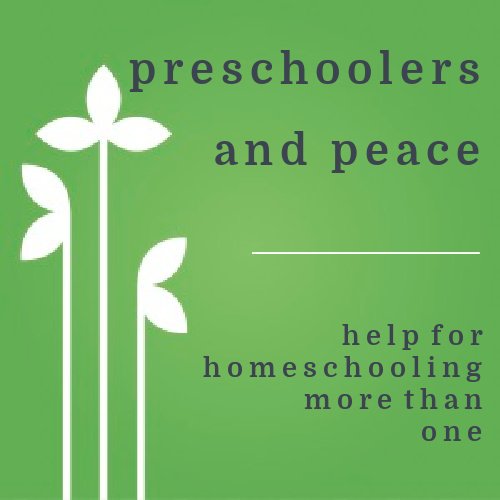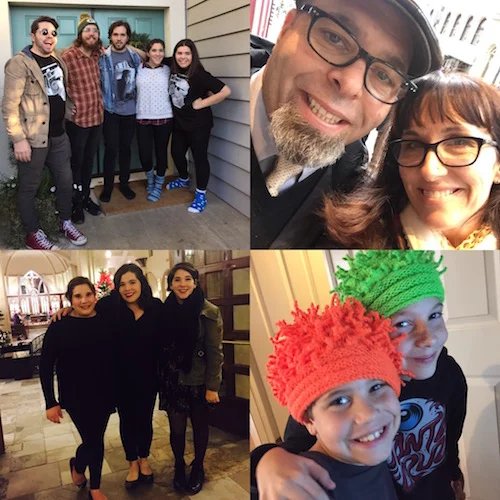10 Reasons We Chose Classical Education
Affiliate links below
10.
A classical school principal told me I could. When we began considering homeschooling in 1997, a dear friend was also a principal of a classical Christian school. We had long discussions over dinner, and when I fretted that I couldn't take on the serious education of my children, he snorted and said, "Oh, yes you can!" Next to my husband Fletch, Steve was my best cheerleader.
9.
I'm a logical thinker. Mostly. The Trivium, defining loose stages of development, is orderly and logical and gives us a framework that keeps me focused. I don't ask a child in the Grammar Stage to formulate an argument on the origins of man because that's not the way their brain is thinking yet.
8.
We desire to raise lifelong learners who can read, think, and act.Because of its logical progression, classical education first gives students the tools they need to think for themselves.Once they have learned how to learn, they aren't daunted by subjects they're not familiar with. They just dive in and get to learning.
7.
Reading the classics beats any book about mutant ninja turtles any day of the week. Some of our best family memories are of my pirate accent while reading Treasure Islandaloud, or the kids wanting to camp in the backyard the summer we plowed through the Swallows and Amazons series.
6.
Books that have been deemed "classics" are necessary reading in our kids' lifetimes. Or as Fritz Hinrichs puts it, "Through time certain books have generally come to be viewed as central to the development of western culture and have had an unusually large impact due to the profundity and eloquence with which they have expressed their ideas. These books form the core of the western intellectual tradition; it is the ideas contained in them that has formed the saga that we know as western history."
5.
We can't give our kids a perspective much different from our own, but great books can. The human experience is vast and varied, and reading about life from the perspective of others can both equip us to discover the glory of God in His work in the lives of others and to stand beside people with different life experiences and give them the hope of the gospel.
4.
We want our kids to discover the glory of God in history. We see His hand in history from creation to yesterday, and most of our school year radiates out from our history studies as the center of academics. We are amazed daily by God's glory in history, and we are always reminded that the "mystery of history" is Jesus Christ.
Our Hammurabi is from Famous Figures of Ancient Times
3.
We love seeing our elementary kids memorize circles around us. In the Grammar Stage of Classical Education's Trivium (Grammar Stage, Dialectic (or Logic) Stage, and Rhetoric Stage), children's minds are designed to soak up details and commit them to memory. I can remember the first Bible verse I memorized when I was seven, but at 41, I can't remember what I ate for breakfast.
2.
We love having meaningful discussions with our high schoolers. Literature, current events, history, science, theology. They're forming their worldviews and opinions, and we feel very privileged to be in on the discussion with them. They were given the tools as Grammar and Dialectic Stage students; now they're becoming the men and women God has designed them to be for His glory!
1.
We want our kids to have a voice in the marketplace. If they are not prepared to give a reason for the hope that is within them, then what are we educating them for?
1 Peter 3:15 "...but in your hearts honor Christ the Lord as holy, always being prepared to make a defense to anyone who asks you for a reason for the hope that is in you; yet do it with gentleness and respect..."






